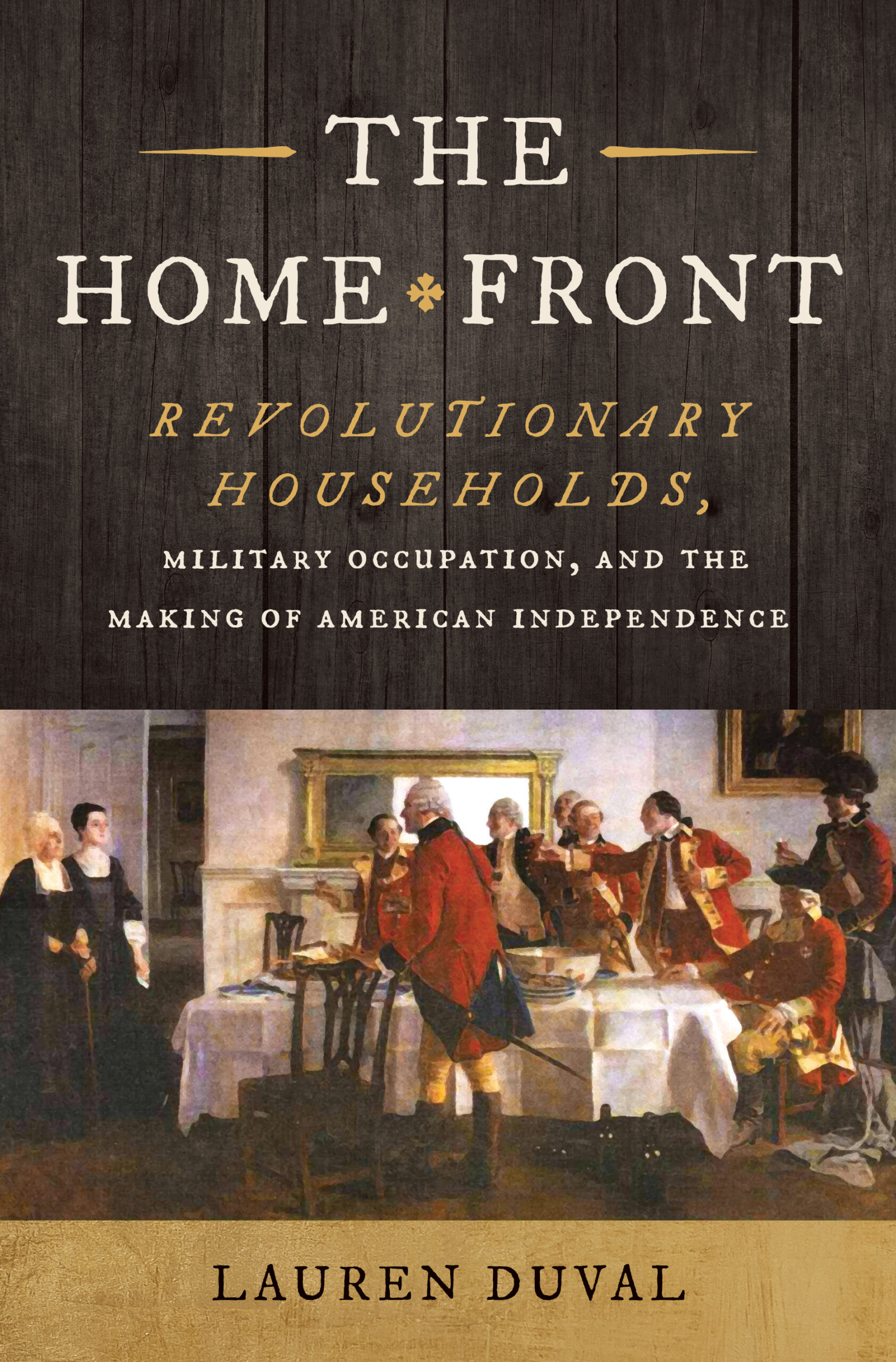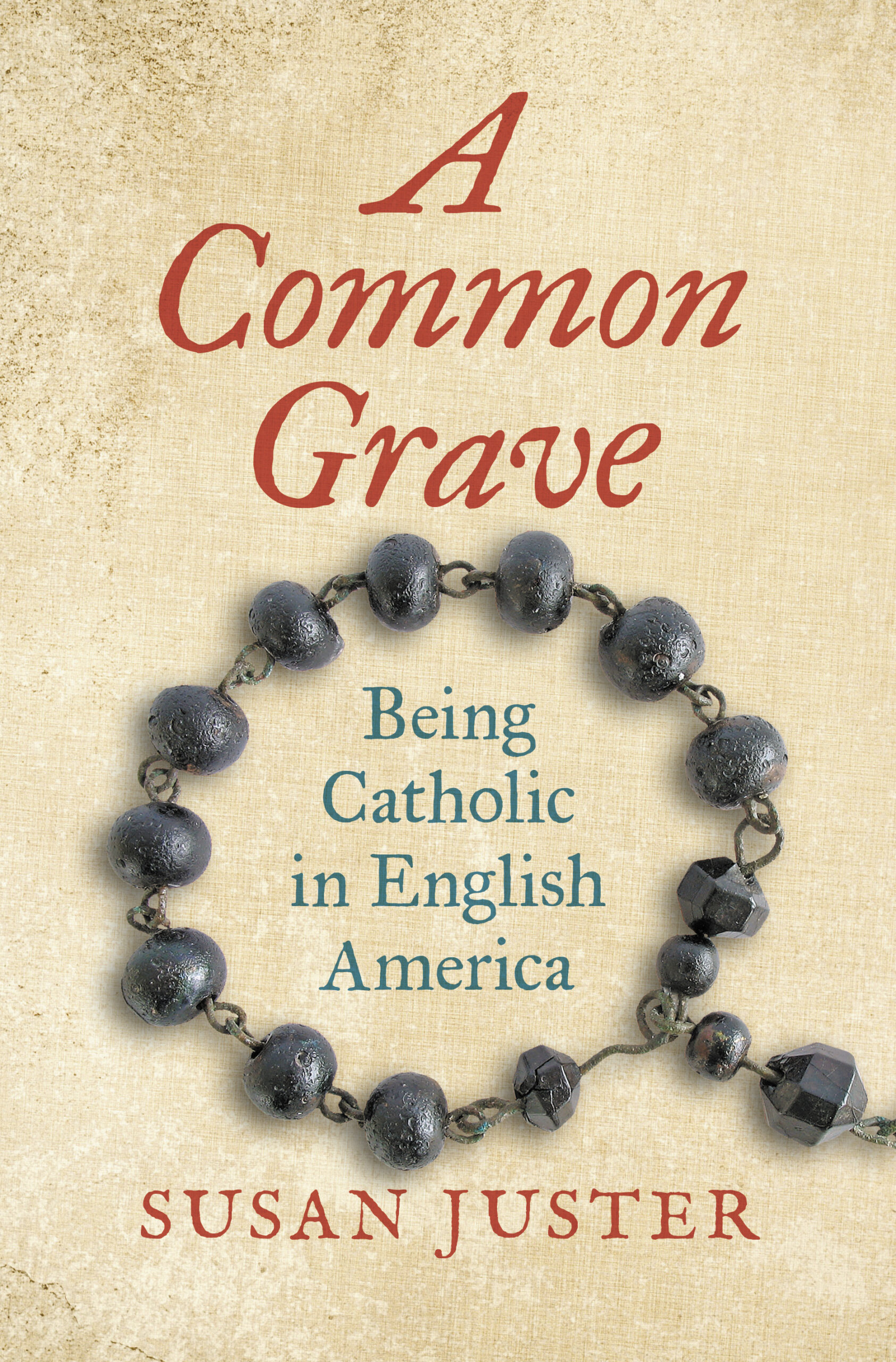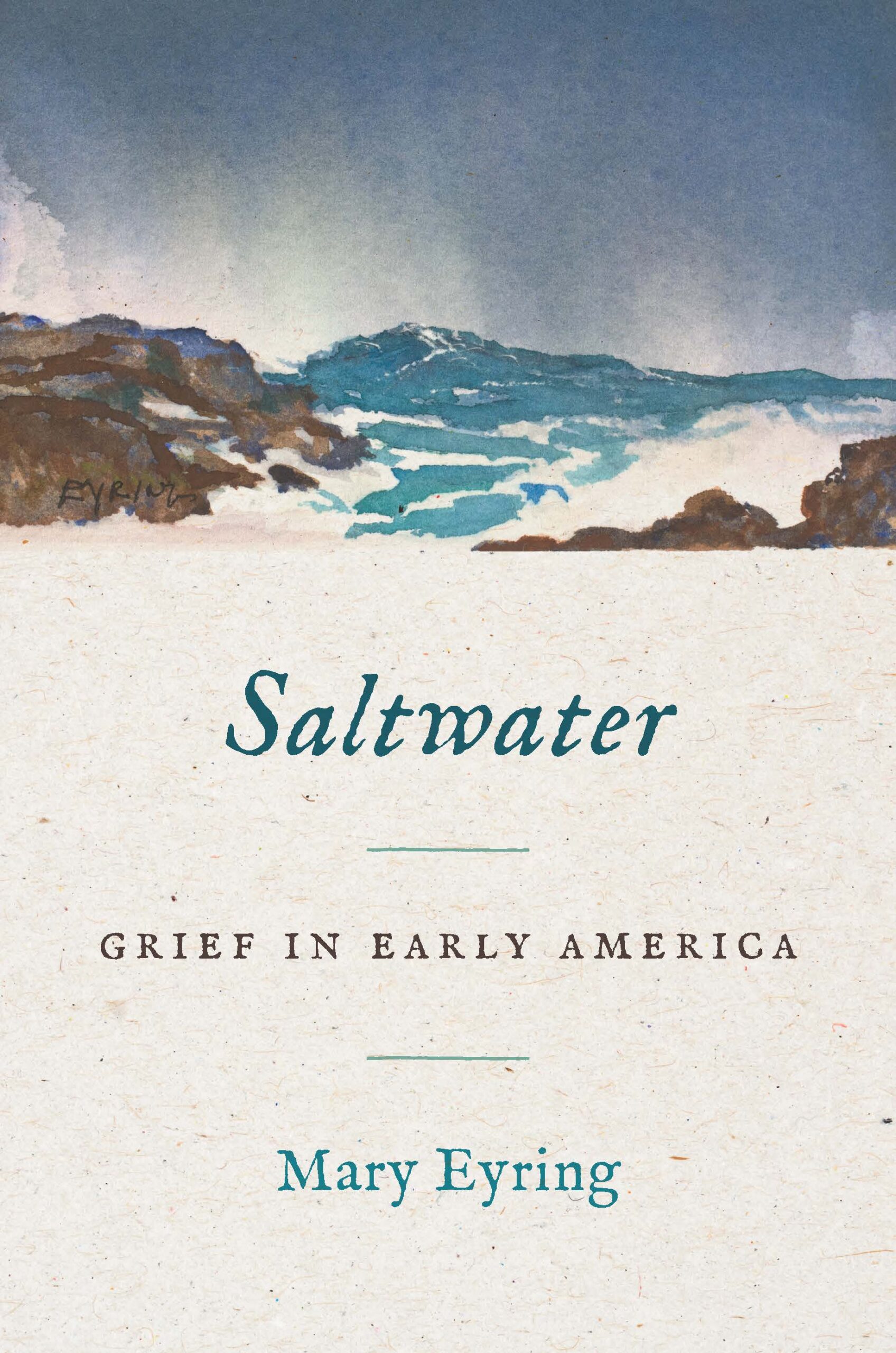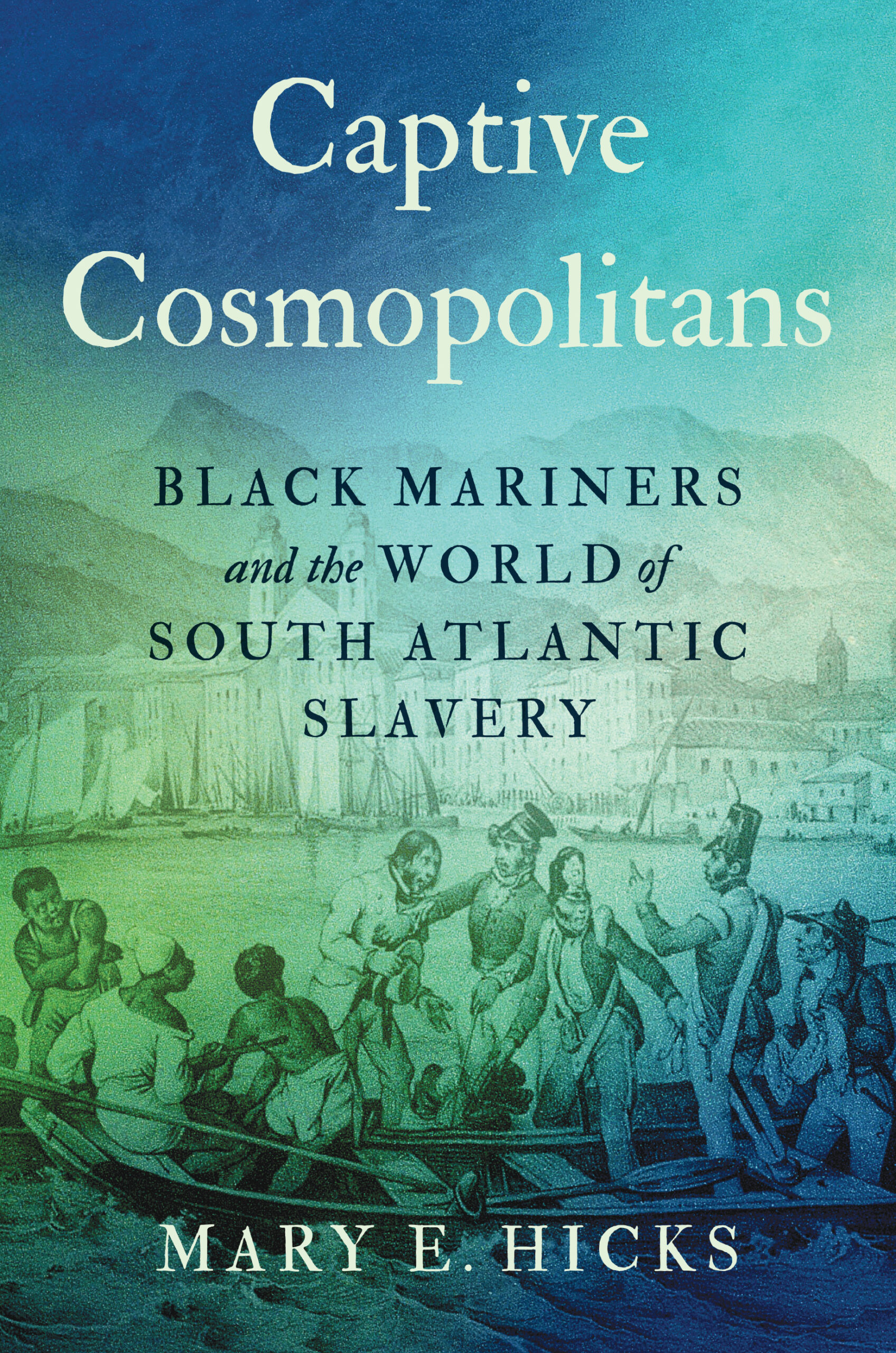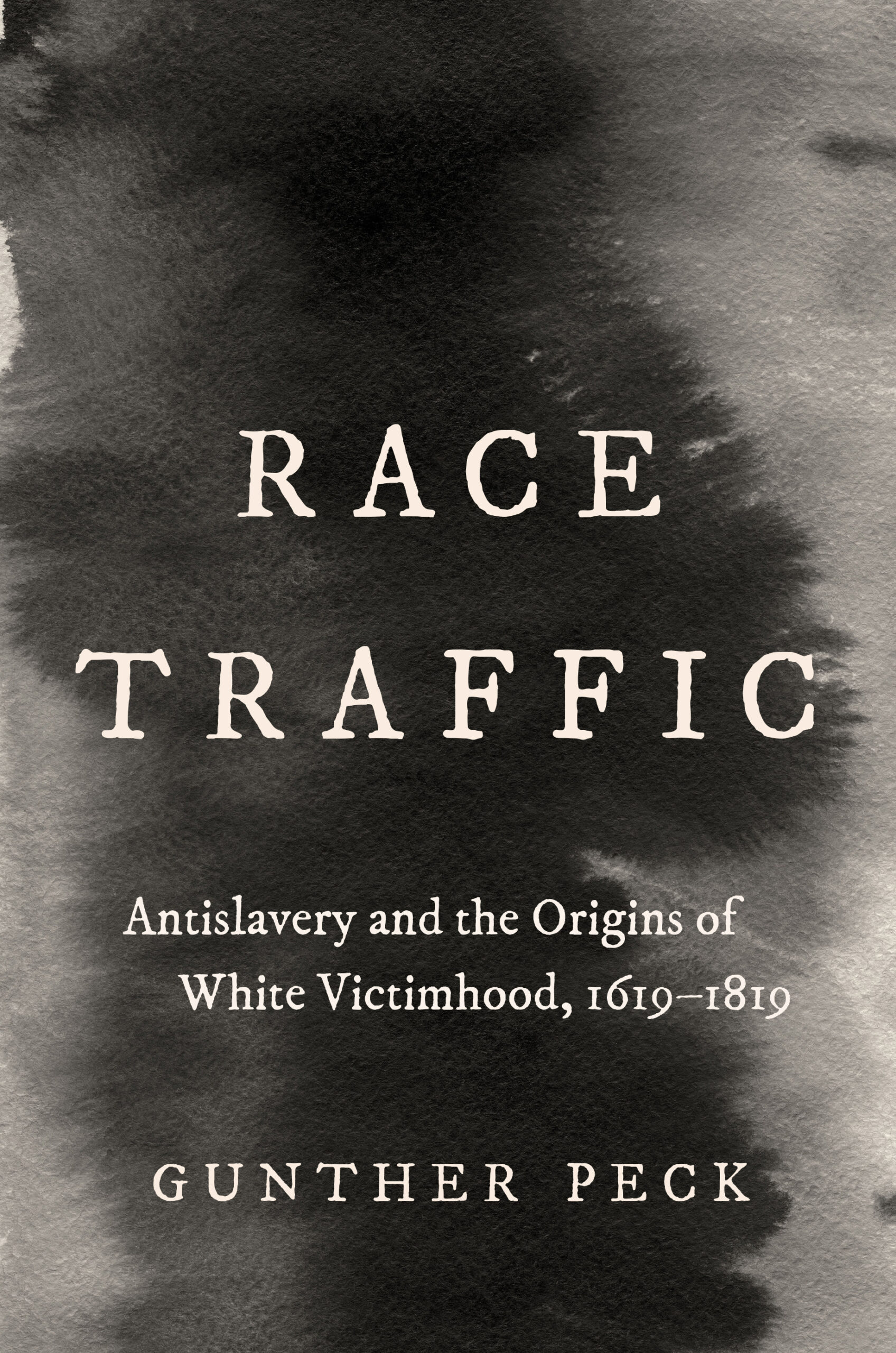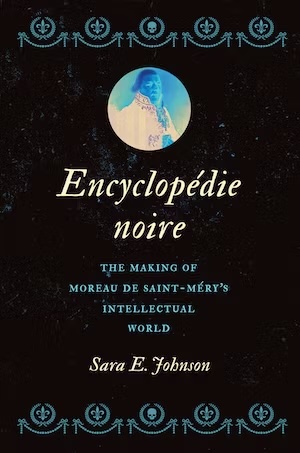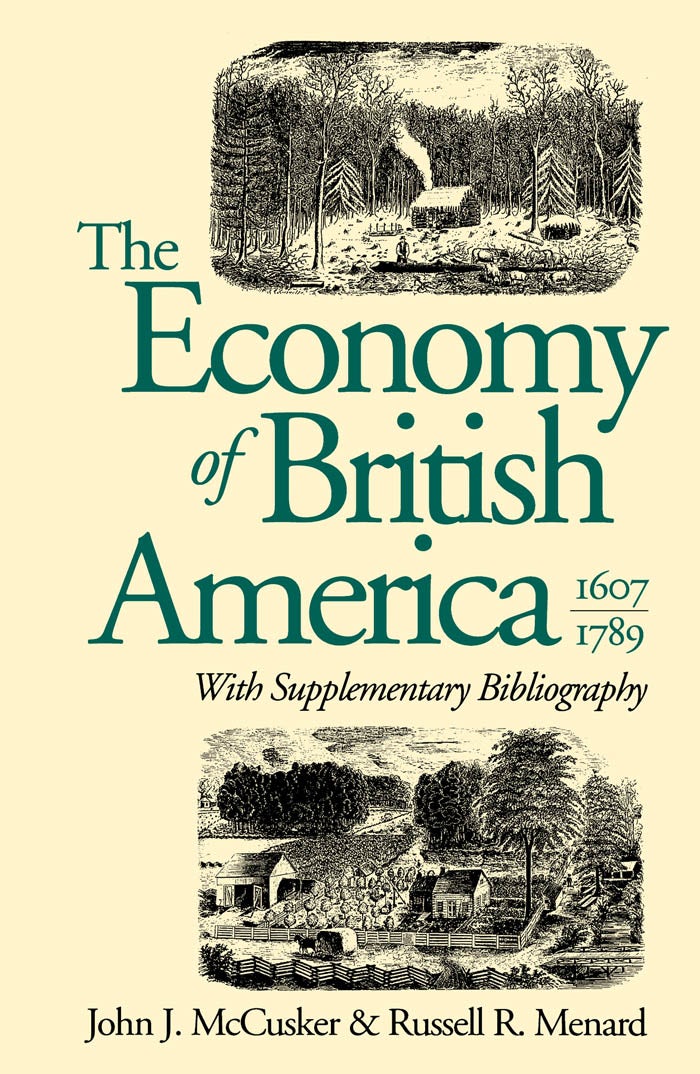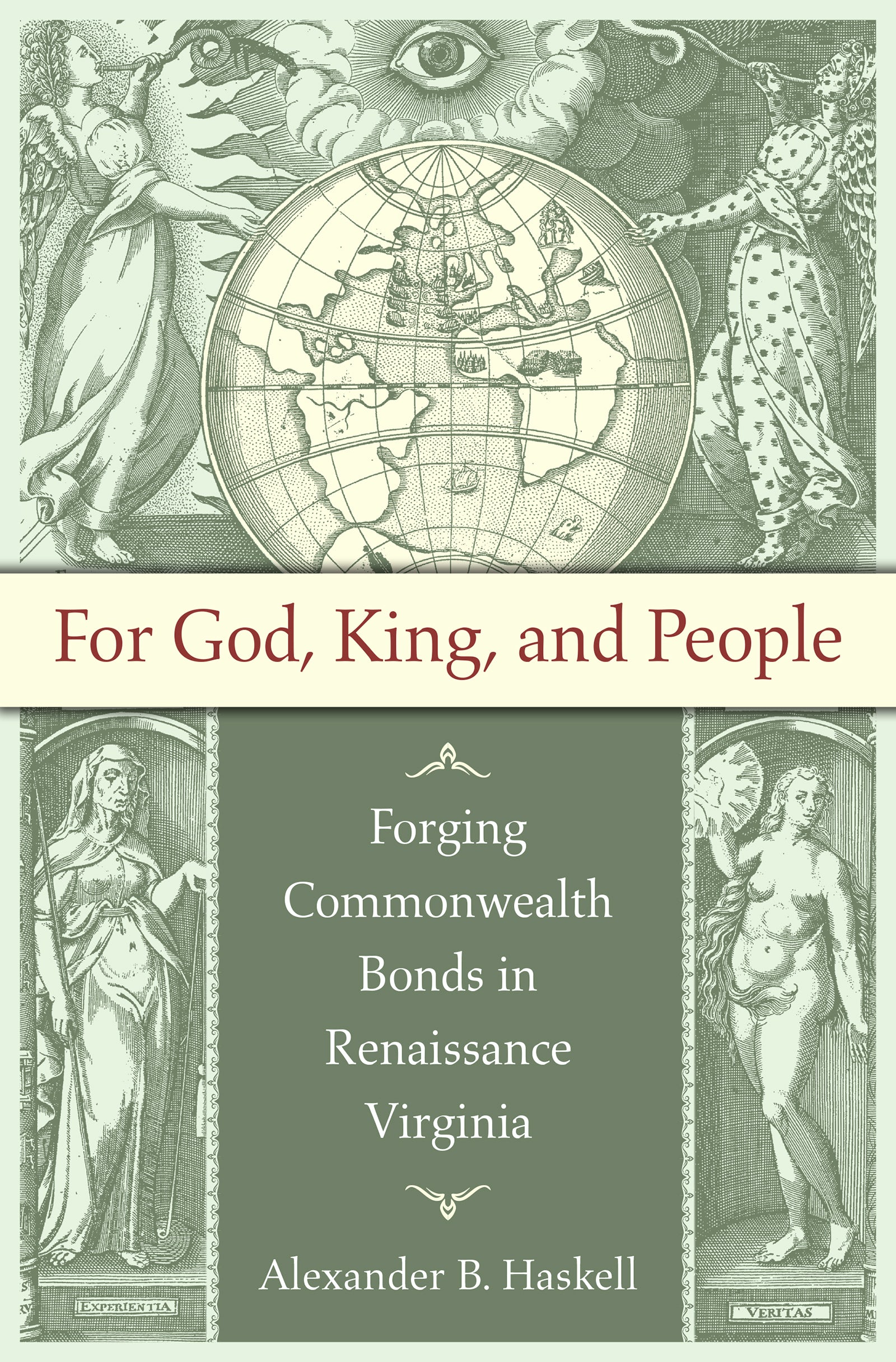
For God, King, and People
Description
By recovering a largely forgotten English Renaissance mindset that regarded sovereignty and Providence as being fundamentally entwined, Alexander Haskell reconnects concepts historians had before treated as separate categories and argues that the first English planters in Virginia operated within a deeply providential age rather than an era of early modern entrepreneurialism. These men did not merely settle Virginia; they and their London-based sponsors saw this first successful English venture in America as an exercise in divinely inspired and approved commonwealth creation. When the realities of Virginia complicated this humanist ideal, growing disillusionment and contention marked debates over the colony.
Rather than just “selling” colonization to the realm, proponents instead needed to overcome profound and recurring doubts about whether God wanted English rule to cross the Atlantic and the process by which it was to happen. By contextualizing these debates within a late Renaissance phase in England, Haskell links increasing religious skepticism to the rise of decidedly secular conceptions of state power. Haskell offers a radical revision of accepted narratives of early modern state formation, locating it as an outcome, rather than as an antecedent, of colonial endeavor.
About The Author
Alexander B. Haskell is associate professor of history at the University of California, Riverside.
Reviews
“Its vast explorations into the providentialist and political underpinnings of Virginia’s founding are impressive. . . . It is a must-read for professors and graduate students focused on English colonization.”–Reading Religion
“Can be read profitably by anyone interested in the early English Atlantic and in early modern ideologies of empire.”–Journal of Church and State
“Haskell has written an intellectual history that is deeply grounded in historical events.”–The Journal of Southern History
“Haskell’s history of Virginia articulates in convincing fashion that the colony was not merely a physical space or the seedbed for the mercantile empire that would grow to fruition in later decades.”–William and Mary Quarterly
“Deeply researched, factually dense, and analytically sophisticated…”–Journal of North Carolina Association of Historians
“An intriguing analysis of a variety of texts and debates around early English engagement in the colonisation of the Americas.”–English Historical Review
“This complex, largely intellectual, history will be most valuable to those interested in a new vantage point from which to examine English colonization.”–Canadian Journal of History
“In provocatively reexamining the literature of colonization and state formation, Haskell brilliantly destabilizes conventional wisdom about their genesis. The English commonwealths founded across the Atlantic were the conceptual creator, not creation, of state and empire.”–Peter Thompson, University of Oxford
“Anchored in prodigious research in contemporary texts, Alexander Haskell’s learned book recasts the story of English overseas enterprises in general and of Virginia in particular. His innovative insistence on delineating Virginia’s Renaissance origins offers a fresh perspective on that most familiar of places, turning our attention from tobacco to Christian humanism and the proper relationship of planters and rulers.”–Alison Games, Georgetown University
“Very few studies attempt to understand what it meant to establish new ‘commonwealths’ in North America in the terms that seventeenth-century English people understood that idea. With great erudition, Haskell places the foundation of commonwealths in the context of Renaissance humanism and Reformation theology–a welcome rapprochement between religion and the history of political thought.”–Andrew Fitzmaurice, University of Sydney
